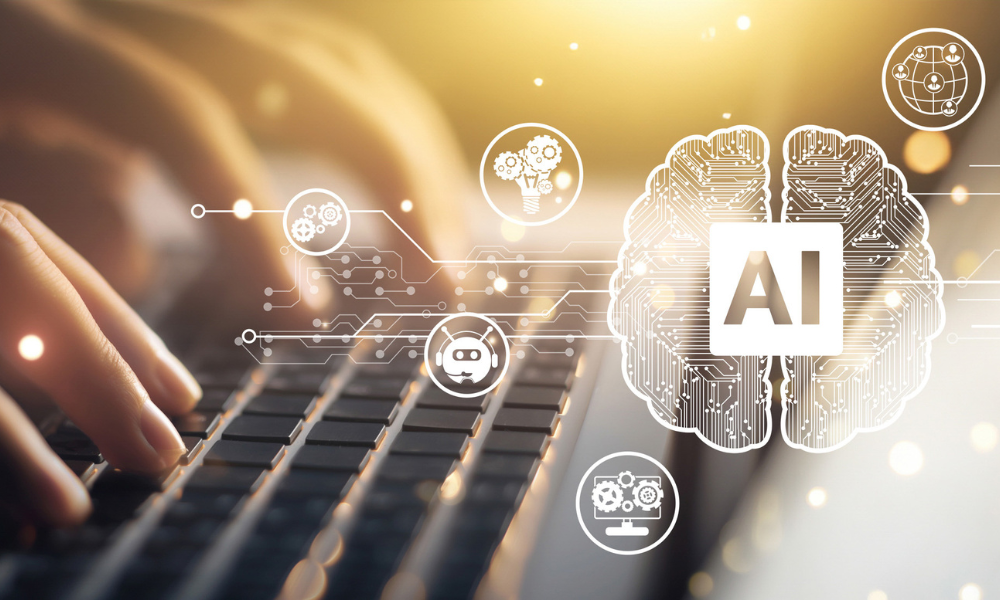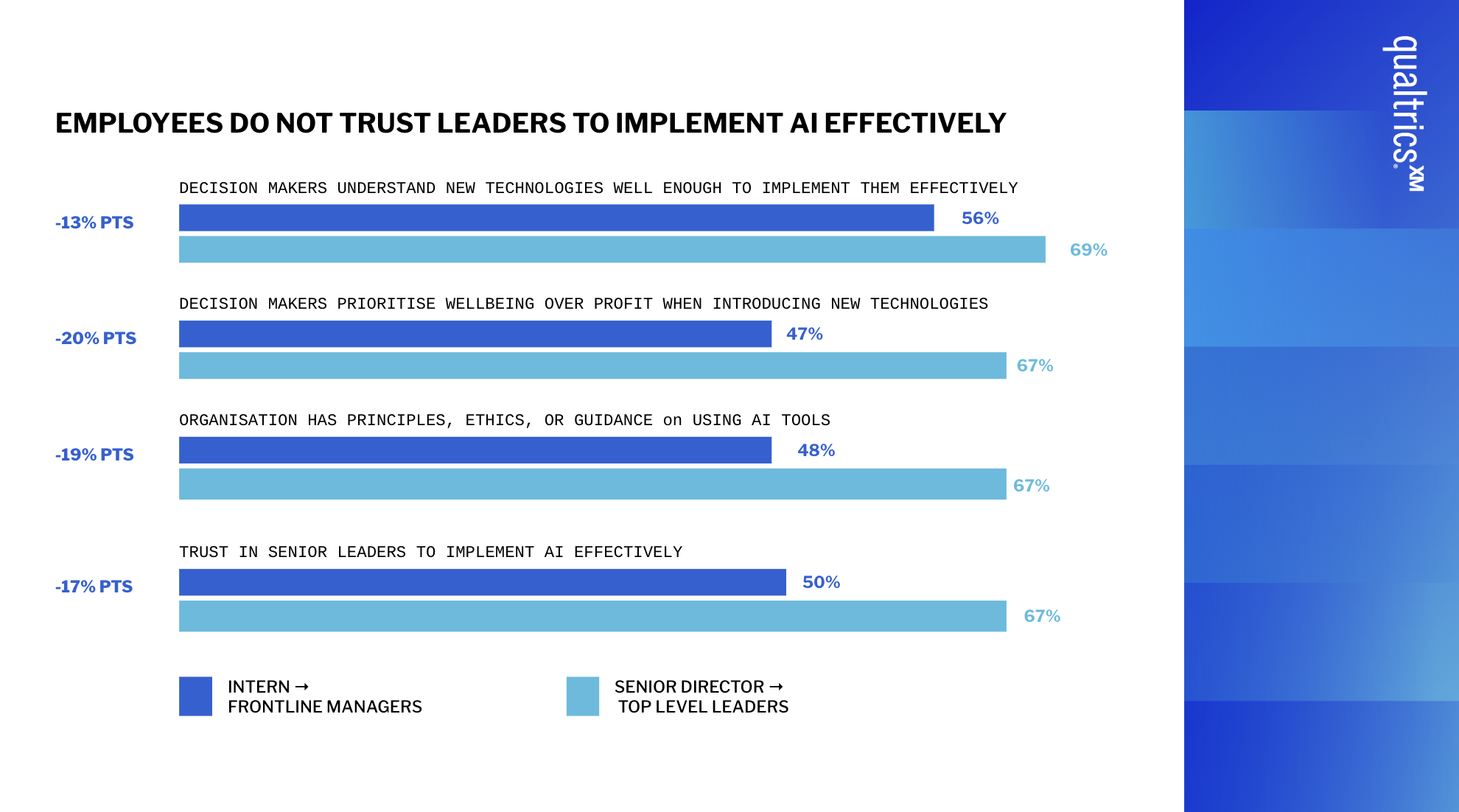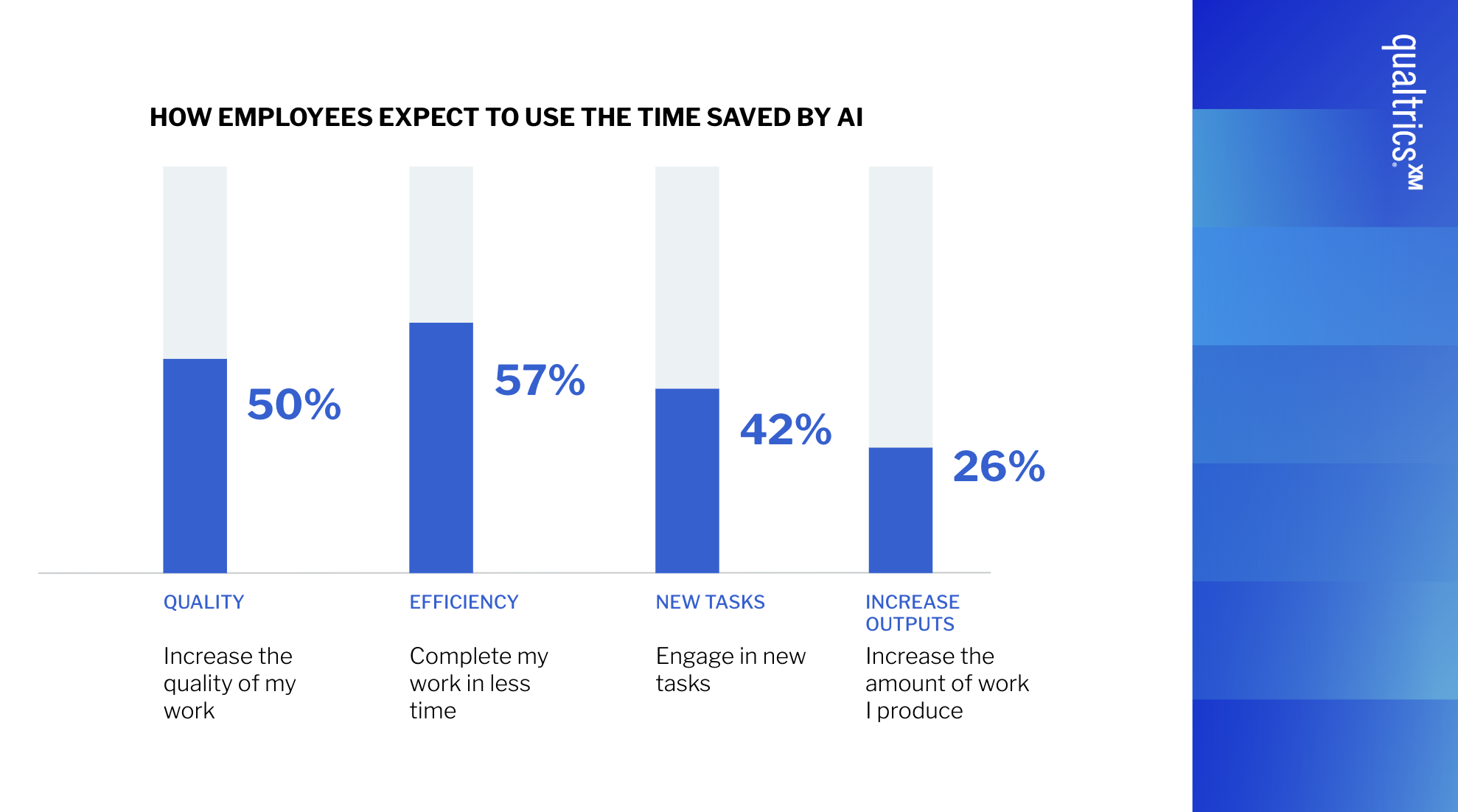
New report urges leaders to foster trust at work amid AI disruption

There is a major gap in trust levels between employees and senior leadership when it comes to the effective implementation of AI, which an expert warned could further intensify the tense relationship between both parties.
Findings from Qualtrics revealed a 17% gap in overall trust in senior leaders in Singapore to implement AI effectively.
According to the report, only 50% of interns to frontline managers trust their senior leaders to implement AI effectively, down from the 67% of senior directors to top-level leaders who agree with this sentiment.
This disconnect also exists in other areas surrounding AI - particularly on the impact of AI on the nature of work (-21%), as well as whether organisations have principles, ethics, or guidelines on using AI tools (-19%).

"The relationship between employees and their bosses is already tense, and ongoing changes in the workplace are intensifying this friction," said Dr. Cecelia Herbert, Workplace Behavioural Scientist at Qualtrics, in a statement.
Herbert stressed that employees are depending on organisations to navigate the disruption caused by AI with the "highest level of integrity."
"As leaders explore the potential of AI, it cannot be overstated how critical it is for leaders to build trust with employees," she said. "This requires demonstrating care for people, as well as seeking out and valuing diverse perspectives, so they can make informed, transparent decisions."
The trust gap in organisations comes in the wake of growing AI adoption in workplaces, which leaders are hoping could improve productivity in the workplace.
Past research have noted that using AI at work can save employees time, which leaders believe could be utilised to be more productive at work.
But Qualtrics' research has shown that only around a quarter of employees in Singapore, and around the world, are willing to increase the amount of work they do amid the use of AI.
They are, however, more receptive towards increasing the quality of their output and finishing their work in less time.

"There appears to be another point of misalignment on the value of AI - while executives are bullish about productivity boosts, employees don't necessarily see it that way," Herbert said.
"These insights are encouraging for organisations, as they demonstrate that employees are focused on improving the services, products, and experiences they currently deliver."
Improving trust in AI can be achieved when employees' expectations at work are met, they are highly engaged, and their feedback are heard, according to the report.
It found that employees who have their expectations met at work are:
Employees who are highly engaged are also:
Employees who are asked to provide feedback at least monthly are also:
"There is a deep, intrinsic connection between good employee experience and employees' comfort and adoption of AI," Herbert said.
"This reality underscores the need for organisations to prioritise employee needs as they navigate change, and address the tensions between leaders and their teams. Ultimately, frequent and ongoing dialogue is the vehicle of organisational trust that's key to building a competitive business advantage."